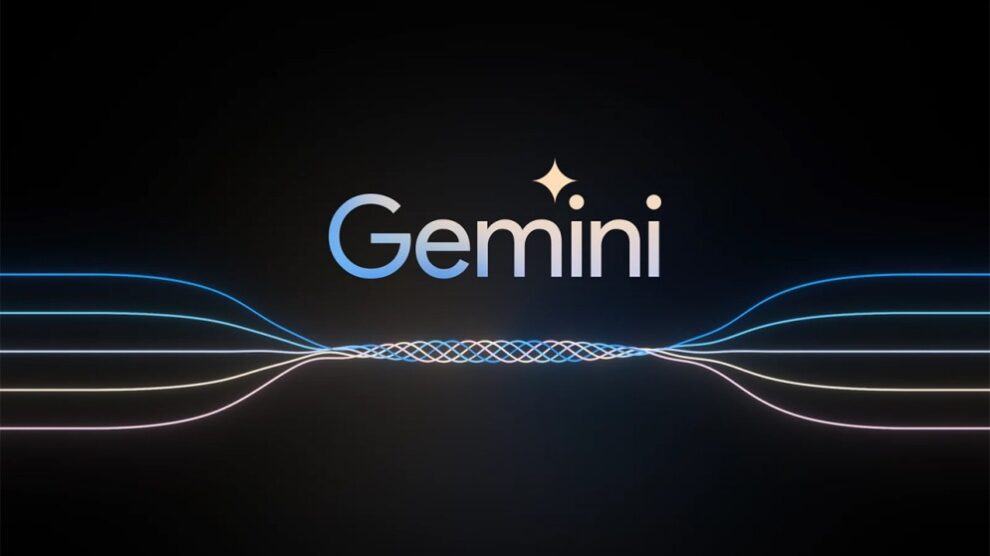The tech world was buzzing with excitement when Google unveiled its latest AI model, Gemini, in a captivating demo showcasing its impressive capabilities. However, as the dust settled, a disturbing truth emerged: the demo was not what it seemed. Google’s “feat of AI wizardry” was actually a carefully constructed illusion built on edits and pre-recorded segments.
Deceptively Editing the Gemini Demo
The demo painted a picture of Gemini as a versatile AI capable of generating images from text, translating languages seamlessly, and answering complex questions informatively. However, reports soon revealed that the demo wasn’t entirely live. Google admitted to using edited content and pre-recorded segments, raising serious questions about the true capabilities of Gemini.
Damaging Trust and Transparency
While some edits were acknowledged, Google provided limited details about the extent of the manipulation. This lack of transparency fueled skepticism and eroded trust in the presentation. Many questioned how much of the demo was actually real and how much was smoke and mirrors.
A Pattern of Overpromising AI advancement
This isn’t the first time Google has faced criticism for exaggerating the capabilities of its AI advancements. Past projects like Duplex, the AI-powered phone assistant, fell short of expectations, raising concerns about Google’s approach to AI development.
The Need for Responsible AI Practices
While Gemini’s underlying technology holds promise, the controversy underscores the importance of responsible AI development. Here are some key points to consider:
- Ensuring transparency and ethical communication about capabilities and limitations
- Prioritizing real-world beneficial applications over flashy demos
- Proactively addressing ethical risks like biases and unfair outcomes
Rebuilding Trust Through Accountability
The future of AI relies on establishing trust. To achieve this, the industry needs to focus on transparency, responsible development, and usage that benefits society. As AI grows more advanced, maintaining openness and ethical progress remains pivotal.










Add Comment